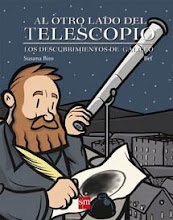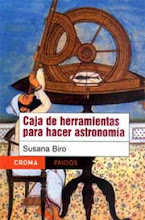
Me encontré un poema que, por dos razones bien distintas, creo que te interesará:
trata de la poesía misma,
y para explicarla usa una anécdota sobre Giordano Bruno.
Sé que te gusta la poesía pues en muchas cartas defiendes a Ariosto (autor del Orlando furioso) y atacas a Tasso (y su Jerusalén liberada). Y supongo que conociste el caso de Bruno y te habrá interesado pues en 1600 fue llevado a la hoguera por su original manera de pensar el mundo.
Te pongo sólo la parte final del poema, pero puedes verlo completo aquí.
What he Thought
Heather McHugh
...
"What is poetry?
...
"What is poetry?
Is it the fruits and vegetables
and the marketplade at Campo dei Fiori
or the statue there?" Because I was
the glib one, I identified the answer
instantly, I didnt have to think -- "The truth
is both, it's both!" I blurted out. But that
was easy. That was the easiest
to say. What followed taught me something
about difficulty,
for our underestimated host spoke out
all of a sudden, with a rising passion, and he said:
The statue represents
Giordano Bruno, brought
to be burned in the publc square
because of his offence against authority, which is to say
the Church. His crime was his belief
the universe does not revolve around
the human being: God is no
fixed point or central governmet
but rather is poured in waves, through
all things: all things
move. "If God is not the soul itself,
he is the soul OF THE SOUL of the world." Such was
his heresy. The day they brought him forth to die
they feared he might incite the crowd (the man
was famous for his eloquence): And so his captors
placed upon his face
an iron mask
in which he could not speak.
That is how they burned him.
That is how he died,
whithout a word,
in front of everyone. And poetry
(we'd all put down our forks by now, to listen
to the man in gray; he went on softly)-- poetry
is what he though, but did not say.














No hay comentarios:
Publicar un comentario